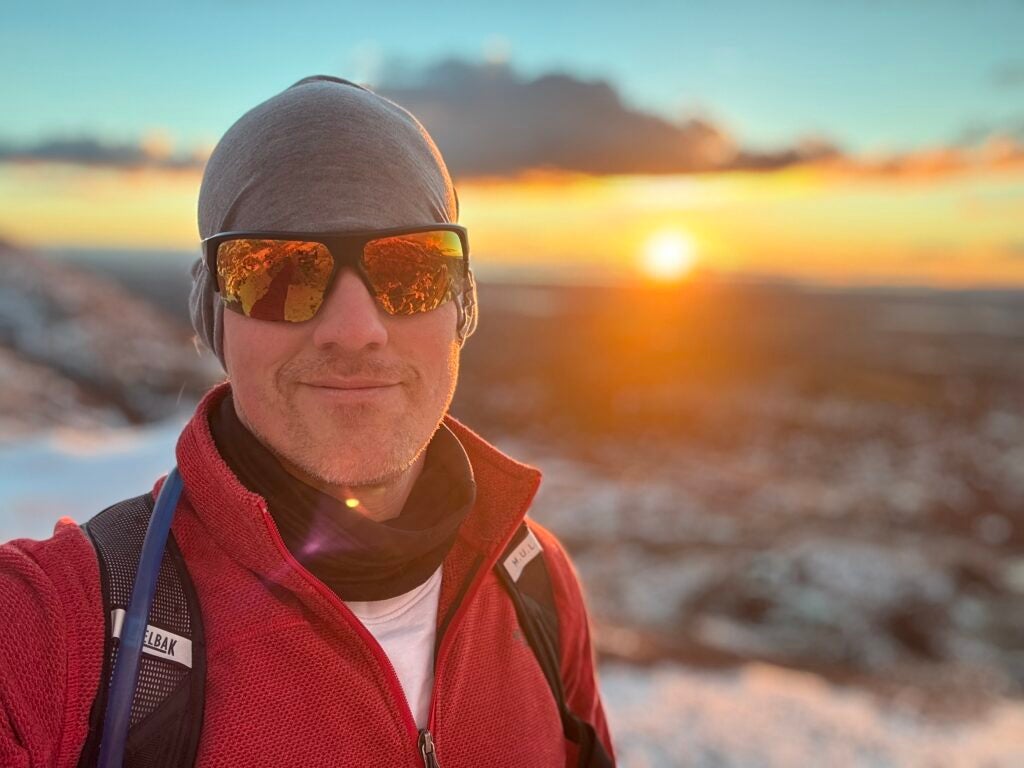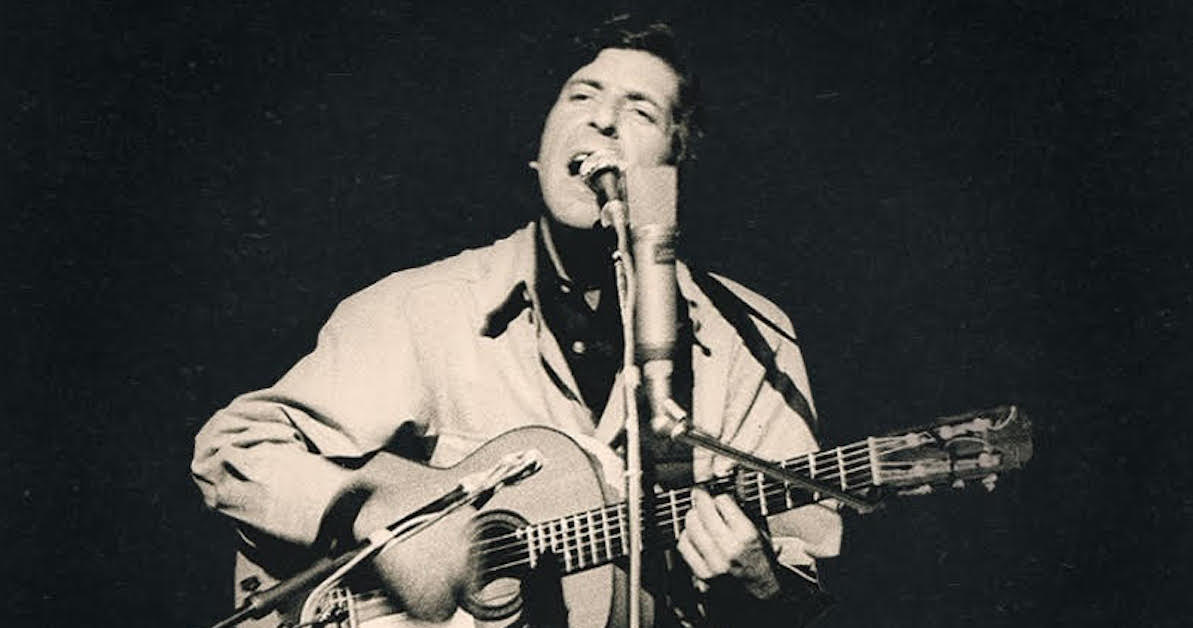
www.dailysignal.com
Whistleblower Discovered Foreign Gangs Were Seeking to Sponsor Migrant Children During Biden Administration
Aaron Stevenson began to notice a disturbing trend early on in the Biden administration. As an intelligence analyst for U.S. Citizenship and Immigration Services, it was his job to identify bad guys as well as emerging and novel threats to the U.S.
In February 2021, a profile of an alien from Honduras with ties to the 18th Street Gang come across Stevenson’s desk. The profile of the man included language noting that he had applied to be an “unaccompanied child sponsor.” At the time, Stevenson told The Daily Signal he had no idea what that was.
A month later, he saw the same language on another file, this time for a woman from El Salvador with ties to MS-13. And in April, he again saw reference to an “unaccompanied child sponsor” on a profile for a Romanian man with ties to a Balkan crime group.
“So that’s three gangs, three countries, all doing the same thing. So, naturally, I’m like, ‘That makes no sense,’” Stevenson said he recalls thinking.
In April 2021, Stevenson began calling the Department of Homeland Security, Customs and Border Protection, and Immigration and Customs Enforcement to find out if anyone was tracking human-trafficking threats within the Unaccompanied Alien Children Program.
“No” was essentially the answer Stevenson received. There was no formal tracking of child-trafficking threats within the U.S. program designed to place a child who crossed the border unaccompanied in the care of sponsor in the U.S., according to the analyst.
Every one of the illegal aliens who had a gang affiliation and had applied to be a sponsor for an unaccompanied alien child had been “previously deported, and they [were] also going through [the] asylum screening process,” Stevenson said.
“I literally just kind of asked myself out loud, ‘Why would an MS-13 gang member be trying to sponsor a child?’ And when you say it out loud, it kind of changes your thinking,” he said.
It’s his view that the primary reason gang members were seeking to sponsor children was financial.
“I think advantageous networks saw a situation, and they exploited it,” Stevenson said.
Aaron Stevenson, former intelligence analyst for U.S. Citizenship and Immigration Services (Courtesy of Aaron Stevenson)
From his position, Stevenson did not know whether these gang members were being approved to be sponsors for unaccompanied alien children or not, but he had a grave concern that they were being rushed through the vetting process and that children were being placed with these individuals and at risk of exploitation.
The analyst did an interview with Project Veritas in 2021, explaining what he was seeing and expressing the concerns he had over sponsor vetting. Deborah White, an employee of the Department of Health and Human Services’ Office of Refugee Resettlement, the office responsible for placing unaccompanied migrant children in the care of a sponsor, saw the interview, and it confirmed the trafficking patterns she was already seeing.
“In June 2021, I discovered the first case of trafficking and, along with my counterpart, Tara Rodas, reported it, but children continued to be sent to dangerous locations with improperly vetted sponsors,” White told lawmakers during a Senate Roundtable in July 2024 after she also blew the whistle on what she was seeing related to the program.
“One case in Florida had over 12 children linked to one sponsor at multiple addresses,” according to White. “Children were sent to addresses that were abandoned houses or nonexistent in some cases.”
“We never saw sponsors face-to-face, and fake documents were rampant,” White continued. “When we questioned documents, HHS ORR leadership said, ‘You’re not fake-ID experts, and your job is not to investigate the sponsor. Your job is to reunify the child with the sponsor.’”
During the Biden administration, and maybe during previous administrations as well, a lot of sponsor vetting was “done by [nongovernmental organizations] and contractors,” Stevenson said, adding, “They suck. They can’t do this job. It’s hard to vet somebody.”
The Daily Signal reached out to HHS to learn whether contractors were still being used to vet sponsors, but did not receive a response.
Stevenson continued sounding the alarm on the issue of gang members applying to be sponsors and additional issues he saw within USCIS. In February 2023, he was terminated.
Stevenson thinks the Trump administration has taken the “necessary start” to address the issues surrounding the care of unaccompanied alien children, with the most significant action being to “choke off the supply” by securing the southern border.
Between fiscal years 2019 and 2023, more than 448,000 unaccompanied alien children were transferred from Immigration and Customs Enforcement custody to the custody of HHS. Most of those children were placed in the care of a sponsor.
Among the 448,000 minors to enter the U.S. in recent years, ICE failed to issue more than 233,000 notices to appear in immigration court and more than 43,000 migrant children who were given a notice to appear in immigration court failed to do so, Joseph Cuffari, DHS inspector general, told members of Congress in July.
“The Biden administration lost 450,000 unaccompanied children who were placed with unvetted sponsors or released into the country,” Tricia McLaughlin, assistant DHS secretary, told The Daily Signal.
Since Trump’s return to the White House, the administration has located 13,000 missing migrant children.
Under the leadership of DHS Secretary Kristi Noem, McLaughlin says the department is “leading efforts to conduct welfare checks on these children to ensure that they are safe and not being exploited.”
The post Whistleblower Discovered Foreign Gangs Were Seeking to Sponsor Migrant Children During Biden Administration appeared first on The Daily Signal.

















